Buying a home is one of the biggest financial moves you’ll ever make. And if you’re planning to buy in 2025, setting up the right financial accounts now can make all the difference between a smooth homebuying experience and unnecessary stress.
As a mortgage broker, I’ve helped countless buyers navigate the process, and I can tell you firsthand—financial preparation is key! So, let’s break down the four essential accounts you should have before you buy a home.
1. Checking Account – The Hub for Your Finances
Your checking account is where your financial transactions happen—paying bills, covering daily expenses, and managing cash flow. But here’s the mistake many homebuyers make: keeping too much money in their checking account.
Your checking account should only hold enough money to cover three months of expenses at any given time. Why? Because idle money sitting in a checking account isn’t working for you. Interest rates on checking accounts are typically very low, meaning your money isn’t growing. Instead, use this account strictly for expenses and keep your excess funds in high-yield savings accounts where they can earn interest.
2. High-Yield Savings Account (HYSA) – Your House Fund
If you’re planning to buy a home, you’ll need funds for your down payment, closing costs, and initial home expenses—and this money needs to be in a safe place where it can grow. That’s where a high-yield savings account (HYSA) comes in.
Unlike regular savings accounts, HYSAs offer higher interest rates, typically around 3.75% or more. This means your money grows while you’re saving, helping you reach your homeownership goal faster. Look for an HYSA with no fees and easy access, so you can withdraw your funds when it’s time to close on your home.
3. Emergency Fund – Your Safety Net
Life happens. Unexpected car repairs, medical bills, or job changes can throw a curveball at your finances. The last thing you want is to be financially stretched right before (or after) buying a home.
A good rule of thumb? Keep 3-6 months’ worth of expenses in a separate HYSA dedicated to emergencies. Some banks allow you to create sub-accounts within your HYSA, making it easy to separate your emergency fund from your house fund while still earning interest.
An emergency fund provides peace of mind, ensuring that you can handle surprises without dipping into your home savings or disrupting your mortgage payments.
4. Retirement Accounts – Thinking Long-Term
While buying a home is a major financial milestone, it’s not your only financial goal. Retirement planning should still be a priority, even when saving for a house.
If your employer offers a 401(k) with a match, contribute enough to get the full match—it’s free money! After that, consider opening an Individual Retirement Account (IRA) to further grow your retirement savings.
Not sure if you’re on track? Tools like Vanguard’s retirement calculator can help you estimate your future savings and adjust your contributions as needed. While your home is an investment, you don’t want to neglect the bigger picture of long-term financial security.
Final Thoughts: Build Your Financial Foundation Now
Buying a home is exciting, but it requires smart financial planning. Setting up these four accounts will put you in the best position to purchase a home without unnecessary stress or setbacks.
As a mortgage broker, my goal is to help you navigate the homebuying process with confidence. If you’re preparing to buy in 2025, let’s talk about your financial goals and mortgage options. Send me a message, and let’s get you on the right path to homeownership!




